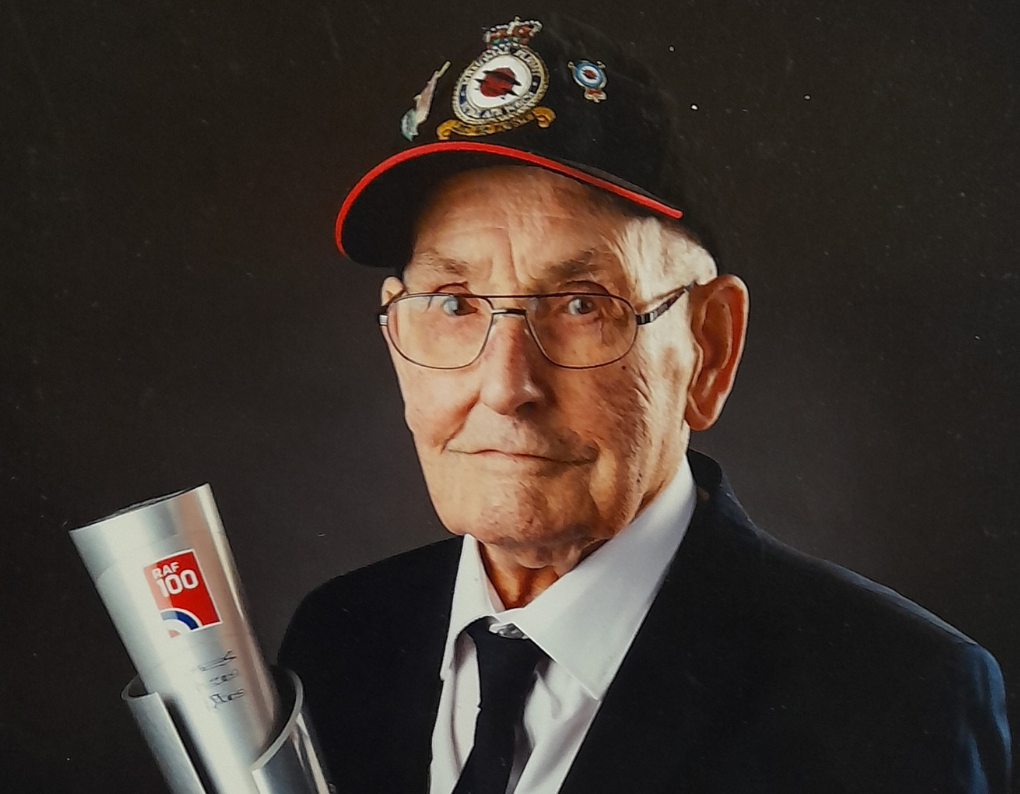
15th August, 2025 in Military
Reflections of War is a captivating anthology showcasing 150 rare images from the Second World War. This recently discovered archive of original press negatives has been thoughtfully restored, and the accompanying press notes meticulously researched, to reveal compellin…

14th August, 2025 in Military, Women in History
Bletchley Park is perceived as a world of male intellectuals supported by a vast staff of women in menial roles – a place where men helped sway the course of the Second World War. But women were not just typists and clerks. They had serious, full-on codebreaking roles. And not ju…
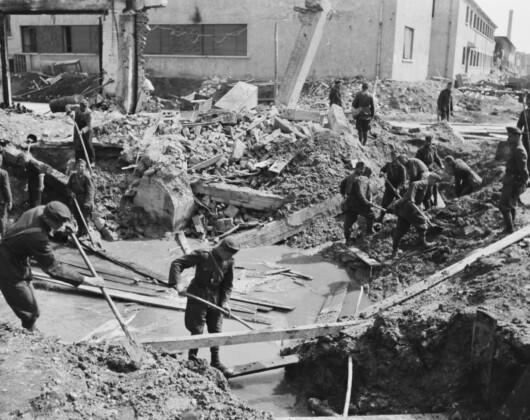
2nd June, 2025 in Local & Family History, Military
Tens of thousands of men and women performed heroic acts on the Home Front during the Second World War. Most were not recognised by the authorities, nor would the heroines and heroes have wished to be so commemorated – the real reward was successfully saving a person’s life.. The…
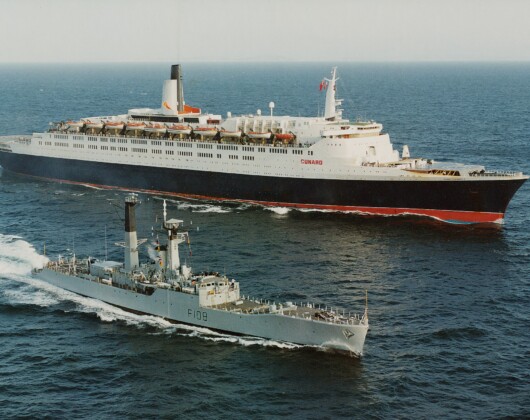
29th May, 2025 in Maritime, Military
Since the mid 1800s a number of Cunard ships have been requisitioned to support Britain during wartime. Several Cunarders were requisitioned to support Britain during the Crimean War (1853–56). A total of fourteen Cunard ships served in the campaign. Of those, Arabia transported…
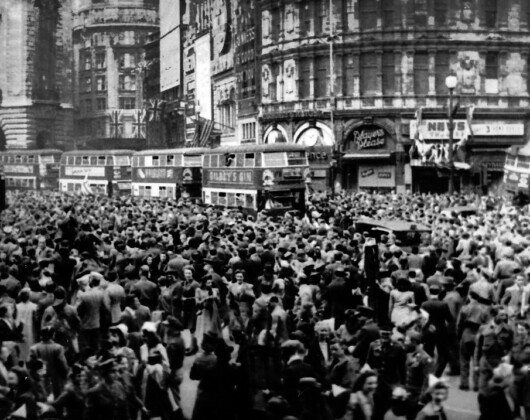
16th April, 2025 in History, Military, Society & Culture
In his book Under Fire, Stephen Bourne draws on first-hand testimonies to tell the whole story of Britain’s black community during the Second World War, shedding light on an oft neglected area of history. Drawing on a wealth of experiences from evacuees to entertainers, gove…

3rd March, 2025 in Biography & Memoir, History, Society & Culture, Women in History
When Lady Dorothy Mills was a young girl, a female relative told her she would never be beautiful so she had better be interesting – and she was. Yet extraordinarily, this is the first book about this fearless woman who became the best-known female explorer of the 1920s and 30s,…

17th February, 2025 in Biography & Memoir, History, Women in History
Dr Catherine Hanley holds a PhD in Medieval Studies (Sheffield, 2001), is a Fellow of the Royal Historical Society and is the author of historical works in several genres. Lionessheart is her latest book which follows the story of Joanna Plantagenet – princess, pioneer, captive a…
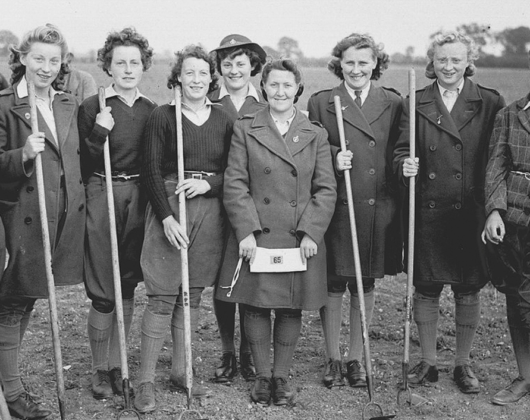
5th December, 2024 in Local & Family History, Military, Women in History
John Lander author of new book Don’t Delay – Enrol Today highlights the importance of the women’s land army in Hampshire during both World Wars. World War I The Women’s Land Army was established by the British government to recruit women and girls to work in Britain’s agriculture…

14th October, 2024 in Biography & Memoir, History, Women in History
Emily Murdoch Perkins discusses her new book Regina: The Queens Who Could Have Been, a feminist ‘what if’ history looking at what would have happened if firstborn daughters had been crowned instead of firstborn sons. Where did the idea for the book come from? It all started…

19th September, 2024 in Aviation, Biography & Memoir, Military
In 1934, aged just 16, Louis Hagen was sent to Lichtenberg concentration camp after being betrayed for an off-hand joke by a Nazi-sympathising family maid. Mercifully, his time there was cut short thanks to the intervention of a school friend’s father, and he escaped to the UK so…

10th September, 2024 in Local & Family History, Military
The Royal Hospital Chelsea as a home for old soldiers has always been associated with warfare. The Second World War however represents a unique chapter in the history of the institution as the Hospital itself was in the line of fire for a sustained period. Casualties amongst the…

2nd September, 2024 in Military, Society & Culture
Eighty-five years ago, the outbreak of the Second World War was confirmed. Author Victoria Panton Bacon asks, what have we learnt? Colin Bell, now 103, recollects the announcement of the Second World War. Colin was 18 years old at the time, living with his family in East Molesey…

27th August, 2024 in Biography & Memoir, Entertainment, Women in History
Author of Where Madness Lies Lyndsy Spence, has provided the soundtrack to the fascinating, but also tragic, life of film star Vivien Leigh. The complete playlist is available on Spotify below. Happy listening… Track 1: Il cielo in una stanza by Mina The dreamy orchestration evok…
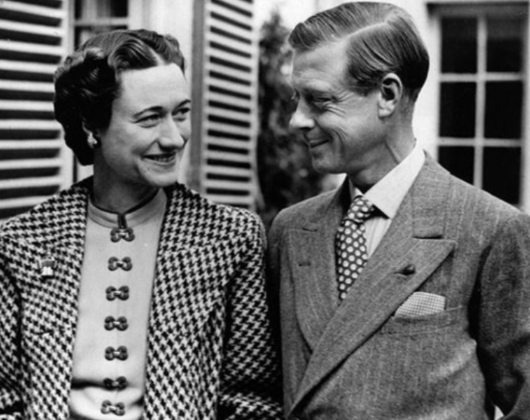
27th August, 2024 in Biography & Memoir, History
The Duchess of Windsor’s notorious jewellery collection was, and still is, the subject of intense speculation regarding not only its murky provenance (were the gems originally sourced clandestinely from the English monarchy’s vast royal collection?), but also its eventual controv…

5th July, 2024 in Biography & Memoir, Women in History
Humans have been great travellers for thousands of years. Famous early male explorers like Magellan, Sir Francis Drake and Captain Cook, are household names. Women, with their restricted positions in society and their traditional roles of looking after the house and children, had…
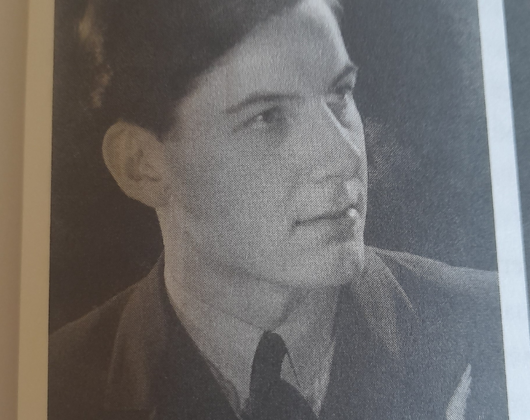
5th June, 2024 in Biography & Memoir, Military
‘Good God!’ I thought after being shown a map with a small area on it that we had taken back, ‘We’ve just taken part in D-Day!’ Flight Lieutenant Noble Frankland (DFC CB CBE) is one of those for whom 6th June 1944 might have been just another ‘ordinary day’ in the operational c…
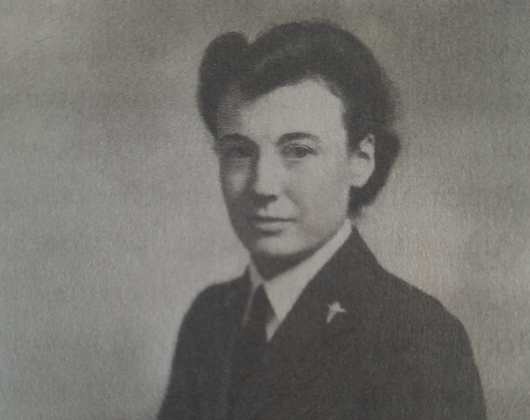
5th June, 2024 in Military, Women in History
‘I remember one particularly badly injured pilot amongst the others being brought in. Because of his multiple injuries he was taken straight to the consultant surgeon for examination and treatment, but he was still conscious as he was taken to surgery. There was nothing anyone co…

30th May, 2024 in Biography & Memoir, Women in History
Brimming with lies, hagiography and exaggeration! Elizabeth Gaskell’s sensational 1857 biography of her friend Charlotte Brontë continues to divide historians, critics and Brontë fans over 160 years after its first publication. Some see it as a unique first-hand insight into the…

30th April, 2024 in Biography & Memoir, Society & Culture, Women in History
Introduction – G. Puccini, “Quando m’en vo'” La Boheme for Cello & Piano DARREN COFFIELD: Bohemian was a term used for those who lived unconventional lives, when the first Romani Gypsies appeared in sixteenth century France they were labelled bohemian and their non-conformist…
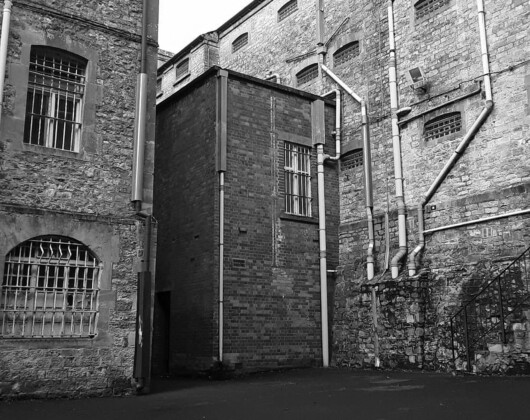
22nd April, 2024 in Military, Society & Culture
The thought arrived as I was hovering inside a crowded coffee shop directly opposite the Royal Courts of Justice on the Strand. Tables and bars pulsed with suited, brief cased, device-bashing professionals; the buzz from conversation being shouted and spoken into phones and faces…

17th April, 2024 in Biography & Memoir, Women in History
21st April marks the anniversary of the birth of English novelist and poet Charlotte Brontë. While she lived only 38 years, her legacy – and her celebrity – have remained perennially present. Her 1847 novel Jane Eyre is one of the most enduring texts of the 19th century, a novel…
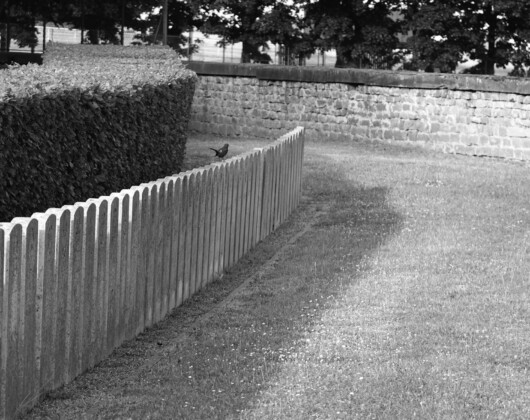
3rd April, 2024 in Military
And so, in the early morning of 11 May, 973 heavy bombers took off in fine weather from airfields across East Anglia. Their mission was Operation 350: to fly 500 miles across France to attack railway marshalling yards in Mulhouse, Épinal, Belfort and Chaumont, and an airfield at…
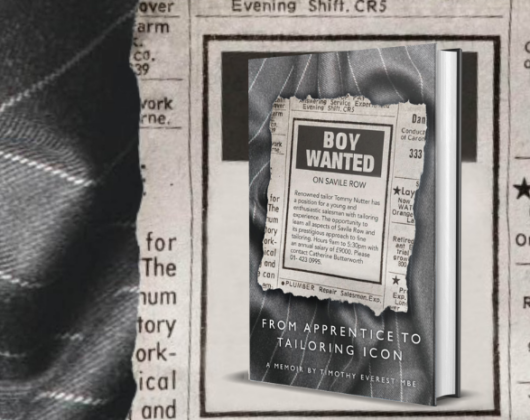
12th March, 2024 in Biography & Memoir, Society & Culture
One day, we got a phone call from Vanity Fair saying the photographer Michael Roberts would like to shoot us on Savile Row. Michael was something of a trailblazer himself. Only a couple of years earlier, he had shot Vivienne Westwood impersonating Margaret Thatcher for the cover…

15th January, 2024 in Military, Women in History
Author of Remarkable Women of the Second World War, Victoria Panton Bacon, remembers Pat Rorke. Pat died on 9th December 2023, aged 100 years and five weeks. ‘After the war, you have to learn to live together, remember that you are all human … behind all the bare recounted facts…

24th November, 2023 in Biography & Memoir, History, Special Editions
Following seven years of investigation and intelligence gathering, including archival searches around the world, Phase One of The Missing Princes Project is complete. The evidence uncovered suggests that both sons of Edward IV survived to fight for the English throne against Henr…

7th November, 2023 in Aviation, Biography & Memoir
Concorde was conceived in the 1950s, first flew in the 1960s and then took over 2.5million people to ‘the edge of space’ at twice the speed of sound for the rest of the 20th century. And into the 21st. Designed and developed by a team of far sighted British and French engineers,…

18th October, 2023 in Biography & Memoir, Military
This memoir is a gripping and unusual account of a survivor of the Shoah in Holland. With impressively clear recall of his childhood and early teens – he was 11 at the outbreak of the war – Lex Lesgever writes of his years on the run and in hiding in Amsterdam and beyond. It is u…

16th August, 2023 in Biography & Memoir, Women in History
For an author, writing a biography is rather like a love affair; there is a brief encounter, a rapport and then over the next few years you develop an intimate relationship with your subject. My latest book Mothers of the Mind about the remarkable women who shaped Virginia Woolf,…

15th August, 2023 in History, Military
In the medieval era, pitched battles were risky affairs; the work of years could be undone in a single day thanks to the vagaries of weather, terrain or simple bad luck. C.B. Hanley author of the Mediaeval Mystery series, including the latest addition Blessed…

12th July, 2023 in Biography & Memoir, Military, True Crime
Until I began researching the story of the teenager who risked his life to bring the ‘Butcher of the Balkans’ to justice, I knew little of the atrocities committed in the Nazi puppet state of Croatia during the Second World War. I learned that I am far from alone. Most people I s…
